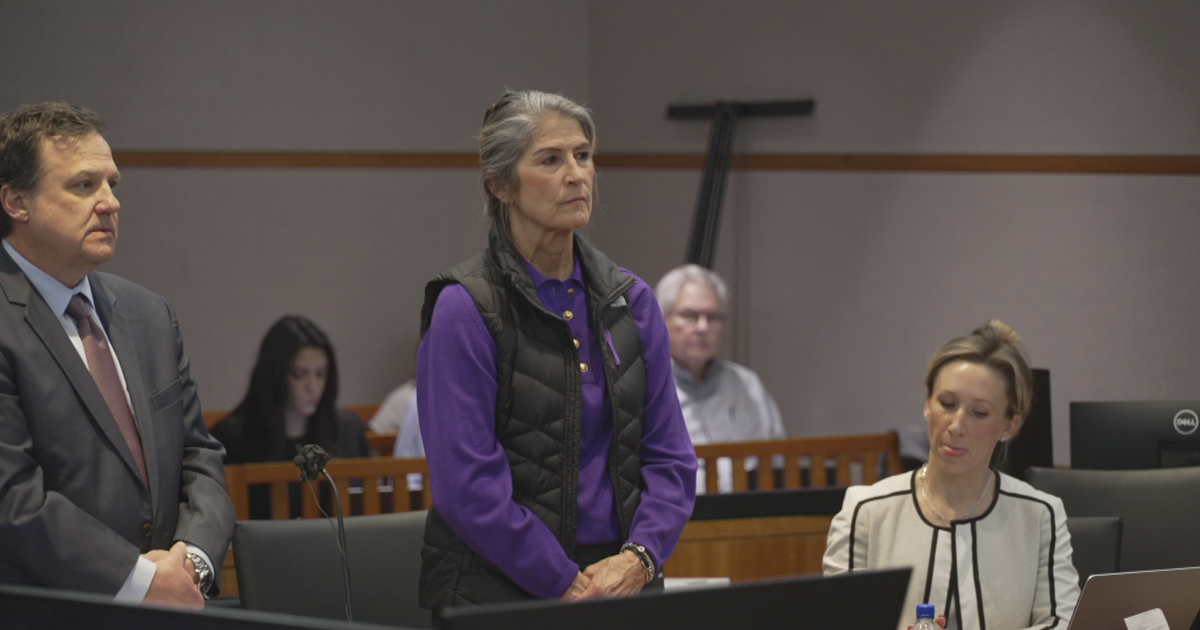Harvard researchers say changing DNA in mice appears to reverse aging
BOSTON - Researchers at the Sinclair Lab at Harvard Medical School have made a new discovery that they say could change the future of aging.
The study, published on January 12, showed that epigenetic programming, which is the way DNA is organized and regulated, affects aging.
The experiments were done on mice over the course of 13 years. First, researchers made epigenetic changes by altering DNA to make the mice older.
"There's a clear way to accelerate aging through disruption of epigenetic programming in cells," said study participant and postdoctoral researcher Thomas Dixon-McDougall. He continued, "It can then also be restored back to a youthful state."
Dixon-McDougall was one of many researchers to take part in the study. They looked at mice within the same litter and with the same DNA sequence.
Video by Harvard Medical School shows two dramatically different looking mice of the same age.
"One of them has had this artificial aging construct," said Dixon-McDougall.
Researchers were then able to reverse that process. Ph.D. student Christopher Petty explained that by repairing their DNA with gene therapy, the mice were made more youthful.
"Turning these genes on is sufficient to erase aspects of aging," said Petty.
The process was similar to getting a shot at the doctor, Petty explained. By implementing what's similar to a virus, researchers found the cells of the mice updated and translated the genes into forms of protein, transforming the chromatin and the mice - who, they say, were overall healthier.
"We did see signs of increased muscle, strength and activity," said Dixon-McDougall.
Now, they're trying to figure out how the discovery could help people with diseases like Alzheimer's or multiple sclerosis.
Petty said, "If we can intervene early, or even later, to reverse the aging, it seems we can impact many diseases all at once."
No mutations occurred in the experiments. The next step is to test their findings in larger mammals.








